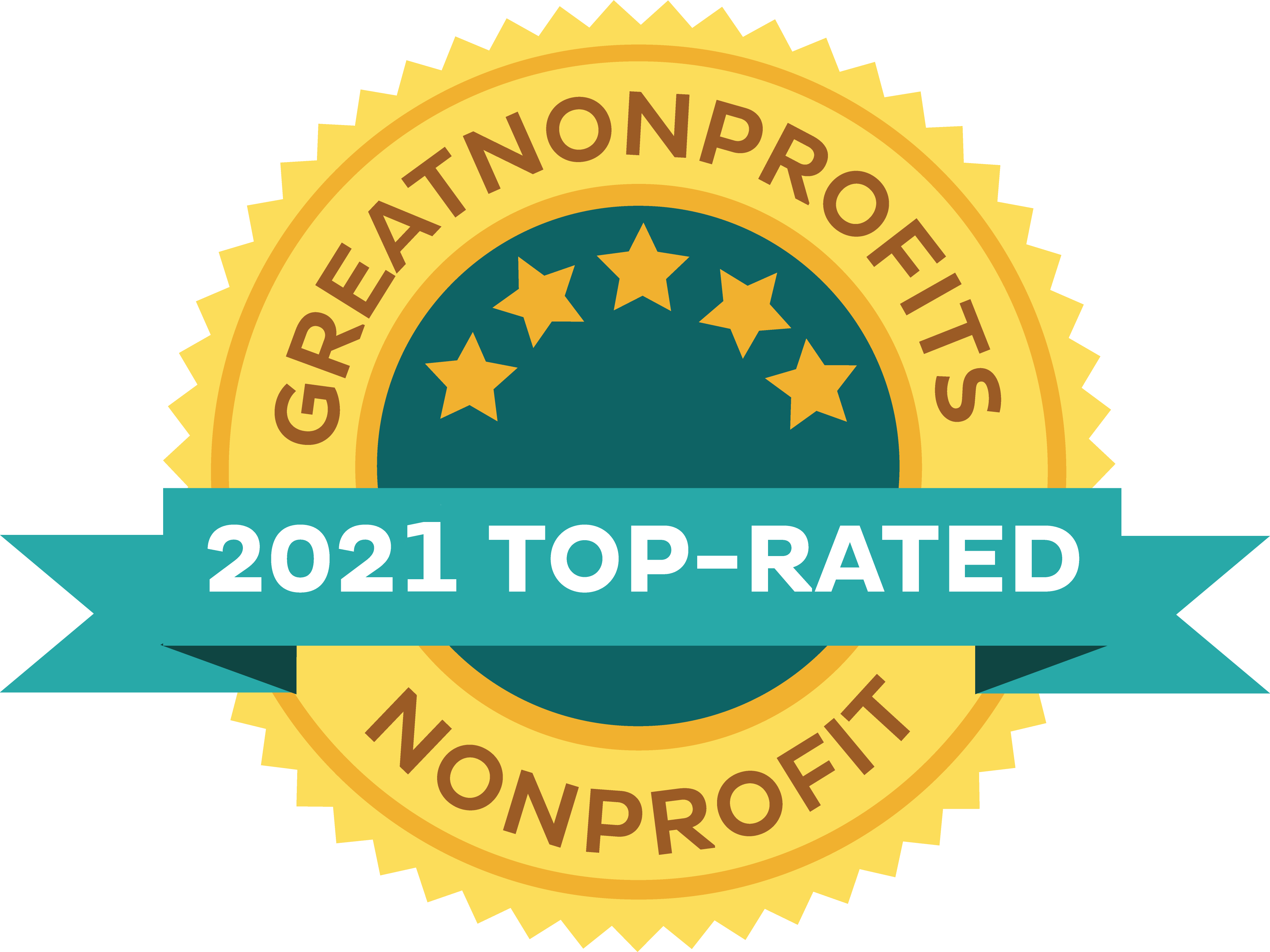Experts, activists say health equity needs more emphasis in fight against climate change
Nada Hassanein, November 26, 2021
The 26th meeting of the United Nations Framework Convention on Climate Change, or COP26, featured a pavilion that held dozens of events discussing the health threats of climate change. More than 400 health organizations from more than 100 countries signed a letter urging stronger climate change action to protect human health.
But while the new agreement stemming from COP26 pledges to shift away from coal, halt deforestation and cut methane emissions, along with other goals to reduce warming, analysts say it fails to spell out specific adverse health impacts and efforts needed to address them.
The importance of doing so isn’t limited to small islands and developing nations – the issue is urgent in the U.S., with communities of color disproportionately at risk.
When it comes to addressing health and climate, experts like Dr. Renee Salas, a Harvard T.H. Chan School of Public Health emergency medicine physician specializing in the link between the two, said equity must be central.
More: People of color face disproportionate harm from climate change, EPA says
“Climate justice is environmental justice, and it’s fundamental for us to take a holistic approach across all sectors, whether it be urban planning or transportation, that their policies have clear health impacts and can either advance equity or hinder it.” Salas said.
She said an emergency “triage” approach is needed to provide health protections and resources for America’s communities on the frontlines of climate change.
“We need to make sure that those who have the most emergent problems are taken care of first,” she said. “We have to ensure that health and equity drive our response, in addition to serving as our motivation to act.”
Report: Climate change is ‘first and foremost’ a health crisis
Natasha DeJarnett, an expert on environmental health and professor at the University of Louisville School of Medicine, was glad COP26 finally featured a health program but said policies and regulations need to catch up to the science.
“We have known that climate is a threat to health for quite some time,” she said, citing reports that found race a primary predictor of the location of hazardous facilities emitting toxins. “We’ve known for several decades that the places that have dirtier air, have more deaths. But we’ve also known that even small decreases in air pollution correspond with significant increases in life expectancy.”
Air pollution and excessive heat are linked to numerous health concerns, including cardiovascular health problems.
Environmental activist Lisa Deville, a member of the Mandan, Hidatsa and Arikara tribes on the Fort Berthold Reservation in North Dakota, said she was happy to see agreements to reduce methane come out of the global conference, but wants stricter methane emission policies at state and local levels that prioritize health.
Funding is needed, she said, for local research efforts to collect baseline pollution levels to guide such policy. Deville said she and her husband have had respiratory issues from the gas flares of oil wells connected to pipelines.
The Dakota Access Pipeline carries oil from Fort Berthold. The reservation is located on the oil-rich Bakken Formation, where a boom in oil and gas brought tribes new wealth – and concerns.
“We’ve been heavily extracted here,” said Deville, who is president of the Fort Berthold Protectors of Water and Earth Rights and the EPA’s National Environmental Justice Advisory Council. “We live right next to flares surrounding our community.”
More: COP26 climate deal boosts global emissions pledges but falls short on 1.5 degrees Celsius target
A scholar on climate change and health, Kristie Ebi is a professor at the University of Washington’s Center for Health and the Global Environment. She noted the irony that the most vulnerable communities in the U.S. have contributed the least to climate change in terms of emitting greenhouse gases and suffer the most.
She said a “better culture of preparedness” is key to health equity in the face of climate change. For example, climate assessments have sounded alarms on the vulnerability of coastal hospitals to flooding.
“You’ve got hotspots of particularly vulnerable populations in particularly vulnerable places… It is the people, and it is the infrastructure,” Ebi said. “We can’t necessarily stop the flooding. We can’t stop the heat waves but almost all deaths from flooding and heat waves are preventable.”
Dr. John Balbus, interim director of the Biden administration’s new Office of Climate Change and Health Equity, said he was “energized” by the global summit’s focus on climate change as a public health crisis.
“We see ourselves as being a catalyst for action,” Balbus said of the new office, tasked with collaborating with federal agencies and divisions to advance equity concerns. “I came away from COP26 really energized to be that connection with communities as much as possible, to make sure their voices are heard and their concerns are met.”



